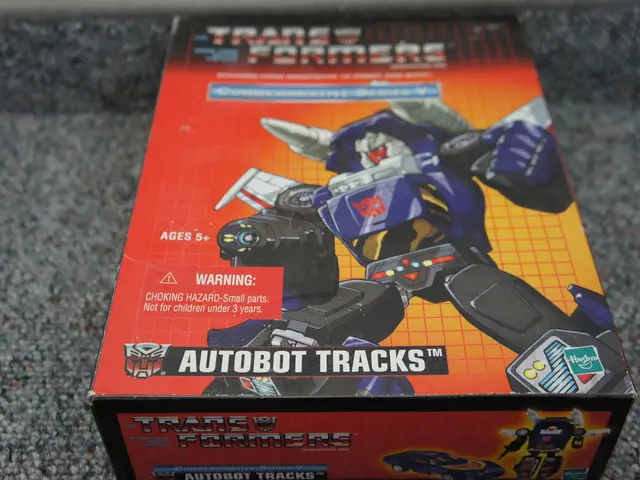Revamp job descriptions for the modern digital landscape
Modern Workplace Transformation: The Evolving Landscape of Job Titles and Descriptions
In today's digital age, the traditional concept of job titles and descriptions is undergoing a significant transformation. This metamorphosis is primarily driven by the integration of digital technologies, particularly Artificial Intelligence (AI) and automation, into the workplace.
The blurring of boundaries between functions is leading to a shift where employees are expected to work as team members, offering expert inputs across various domains. This shift is causing job titles to lose their importance, as roles become more flexible and skill-based.
One of the key impacts of this transformation is the emergence of new AI-specific roles. Organizations are creating positions like AI trainers, AI ethicists, data strategists, and AI-tool integrators. These roles reflect the new digital skill demands that were not previously part of traditional job frameworks.
Traditional jobs, such as software engineers or attorneys, are also being modified to include AI-related tasks or specialties. This evolution expands and alters job descriptions to incorporate digital technology competencies.
The concept of work deconstruction is gaining traction, where jobs are broken down into core tasks and skills rather than fixed titles. This method enables more agile talent deployment, allowing organizations to adapt roles dynamically in response to rapid technological change and business needs.
Newer roles often require a blend of technical skills (AI, data literacy) and traditional skills (client management, storytelling), reflecting a hybridization of expertise to meet evolving workplace demands.
The integration of AI and automation also impacts the discussion of automation and job displacement. While routine or transactional roles may face reduction or transformation due to automation, roles demanding creativity, strategy, and complex judgment remain important and may grow, such as managerial roles or those involving strategic oversight.
As jobs are automated, job titles may become more pertinent to indicate the project being handled. Moreover, job descriptions today require more focus on skills rather than tasks to identify the right talent without locking into a specific role.
It is expected that every individual would have multiple titles and job descriptions over their career spans. Employees are acquiring new skills on an ongoing basis, and their job roles often go beyond their original job descriptions.
The need for a much broader description of an individual's role to allow for a broader scope and flexibility is becoming increasingly apparent. Building certain core requirements at the individual level and encouraging collaboration with employees outside their workspace are essential in this evolving landscape.
In conclusion, digital technologies are reshaping the language and content of job titles and descriptions to be more flexible, skills-oriented, and integrated with AI-related competencies. This shift supports workforce agility and innovation in the face of ongoing technological evolution.
- The emerging landscape of job titles and descriptions in businesses now includes roles specifically focused on artificial intelligence, such as AI trainers, data strategists, and AI-tool integrators.
- As traditional jobs evolve to incorporate more AI-related tasks, job descriptions need to prioritize skill requirements over specific tasks, providing individuals with the flexibility to adapt and grow in response to technological advances.




